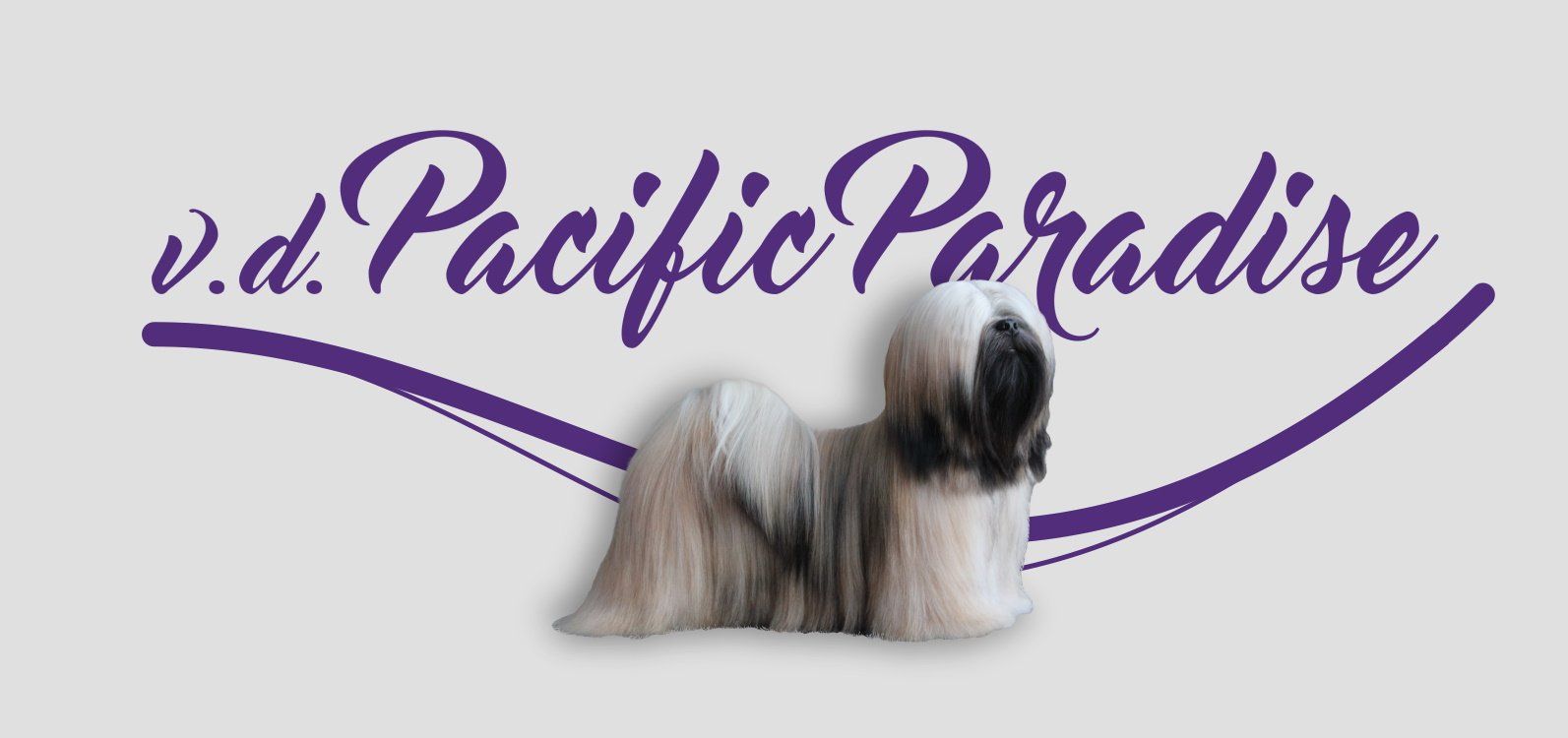PUPPIES
THE PUPPIES
THE PUPPIES
MAY WE PRESENT OUR PUPPIES
MAY WE PRESENT OUR PUPPIES
WHAT YOU NEED TO KNOW ABOUT LHASA APSO?
HISTORY
The Lhasa Apso originated on the Himalayan plateau in the area of Tibet. They were domesticated and actively bred perhaps as long ago as 800 BC, which makes the Lhasa Apso one of the oldest recognized breeds in the world. The Lhasa's primary function was that of a household sentinel, guarding the homes of Tibetan nobility and Buddhist monasteries, particularly in or near the sacred city of Lhasa.
CARACTER / TEMPERAMENT
Having been bred as an indoor monastery-sentinel dog by Tibetan Buddhist monks, Lhasa Apsos are alert with a keen sense of hearing. The ideal Lhasa temperament is to be wary of strangers while being loyal to those closest to them. Lhasa Apsos are independent as well as very loyal and eager-to-please dogs, yet they may be suspicious toward strangers. A Lhasa Apso responds to exercise and discipline with calm assertive energy.
COAT
Lhasas have long coarse hair which causes the weight of the hair to be heavy. Due to the long length of hair, Lhasa Apsos do not shed hair the same way as other breeds. Instead, they shed hair like humans, slowly and continuously, as to keep their hygiene clean and risk of matting and tangling low. Routine brushing and bathing are necessary, not only to keep up on the slow continuous shedding but also to remove any dirt and debris that may get caught within the hair strands. Lhasas in a puppy cut or other clip still should be brushed regularly and bathed.
EXERCISE
The Lhasa is generally not a couch potato and is adept at self-exercise. They will race around an apartment to run off energy, entertain themselves in a fenced yard, or take their owners on a brisk walk. Mental stimulation is as important as physical exercise. They excel at agility, can do scent work, and have been known to retrieve and herd. There are talented Lhasas certified as therapy dogs working in hospitals, nursing homes, colleges, and prisons.
HEALTH
Lhasa Apsos have some health conditions that can be a concern, especially if you aren't cautious about whom you buy from. They include progressive retinal atrophy, an eye disease which causes blindness, and patellar luxation, dislocation of the kneecap. Ask the breeder you are planning to buy a puppy from for valid health test results of the aforementioned conditions of the puppy’s parents!
THE QUIZ!
START
"You will find very interesting links selected by us below! "
"You will find very interesting links selected by us below! "
Copy right | v.d. Pacific Paradise
© 2024








